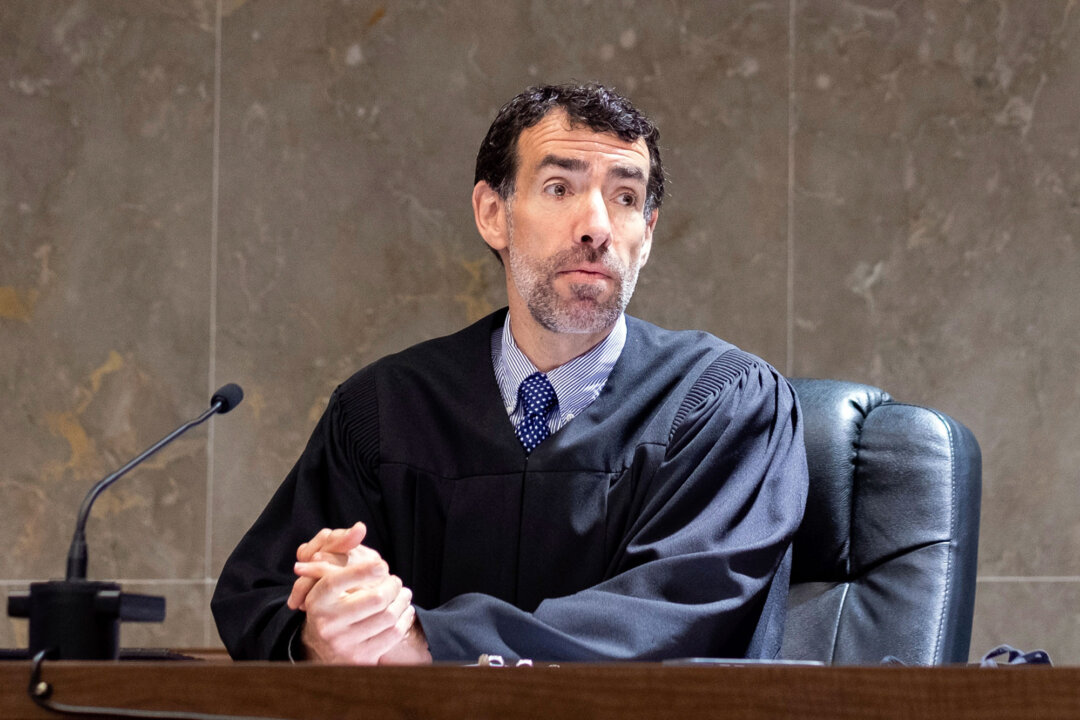State law requires county election superintendents to certify election results by 5 p.m. on the Monday following the election.
A Georgia judge has ruled that county election officials must certify election results by the statutory deadline regardless of irregularities or suspected fraud.
Georgia law requires county election superintendents to certify election results by 5 p.m. on the Monday following the election—or the Tuesday, if the date falls on a federal holiday, as it does this year.
Fulton County Superior Court Judge Robert McBurney ruled on Oct. 14 that election officials must stick to that deadline.
“No election superintendent (or member of a board of elections and registration) may refuse to certify or abstain from certifying election results under any circumstance,” the judge wrote in his opinion.
McBurney added that if a superintendent should determine a need for additional information from the elections board or other election officials, that information, where unprotected by law, should be provided “promptly.”
“However, any delay in receiving such information is not a basis for refusing to certify the election results or abstaining from doing so,” he wrote.
Julie Adams, a Republican member of the Fulton County Board of Elections and Registrations, brought the lawsuit after the county’s appointed election director allegedly denied her repeated requests for access to election results and processes.
“Plaintiff swore an oath to ‘prevent fraud, deceit, and abuse’ in Fulton County elections and to ‘make a true and perfect return,’” Adams’s attorneys wrote in the initial complaint. “These obligations are frustrated by the repeated and continuing refusal to allow Plaintiff access to, and direct knowledge of, the information Plaintiff reasonably believes she needs to execute her duties faithfully and thoroughly.”
Unable to observe the county’s election results and processes herself, Adams voted against certifying the results of the presidential primary election held in March. Her lawsuit sought clarification of the extent of the election director’s role and her own rights as a member of the election board.
In his ruling, McBurney held that election certification is “a purely ministerial task that gives its performer no discretion to exclude some votes while counting others.”
He reasoned that allowing election superintendents to “play investigator, prosecutor, jury, and judge” and refuse to certify results “because of a unilateral determination of error or fraud” would effectively silence Georgia voters.
“Our Constitution and our Election Code do not allow for that to happen,” McBurney wrote.
The judge’s latest ruling coincided with the start of early voting in the Peach State. Voters will have the option to vote early in person through Nov. 1.

